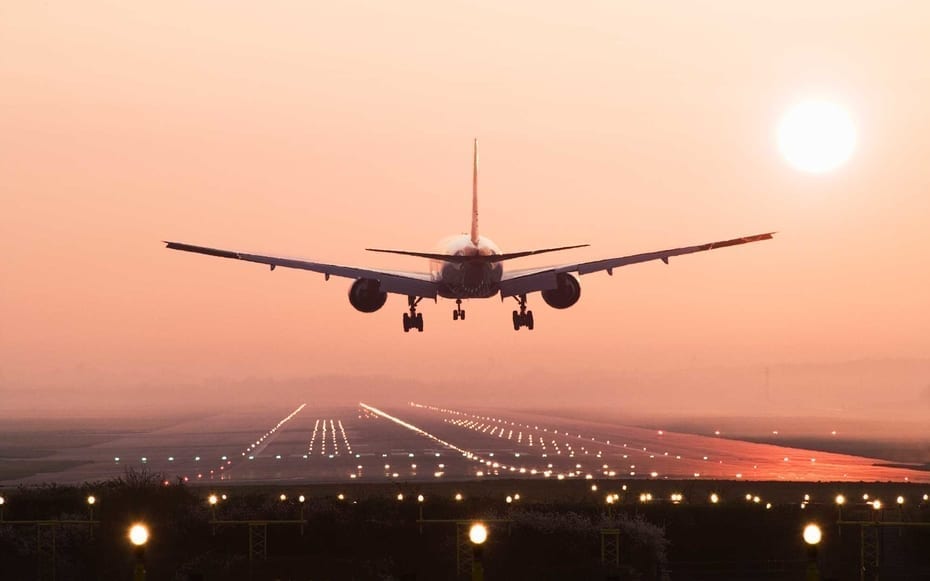Two House Democrats introduced a bill to increase airfare transparency on Wednesday.
Spearheaded by a ranking member of the House Transportation Committee, Peter DeFazio (D-OR), and Rick Larson (D-WI), the bill would unravel a few of the many mysteries of what goes into making airfare so expensive.
Possibly in a response to tactics by budget carriers like Spirit, the legislation, if successful, would require airlines to clearly spell out baggage fees during booking. They’d also be obliged to inform customers whether they’d be eligible for vouchers or subsidized accommodation in the case of a delay or route interruption, or cancelation.
A Department of Transportation proposal dating back to the Obama era would have necessitated that all such fees be shown at the beginning of a fare inquiry. The Trump administration had previously tried to put a halter on some of the transparency regulations.
2017 isn’t the first year the rates carriers advertise have come under scrutiny. Federal regulations set up after Barack Obama was elected to a second term ensured airlines could only display the final price of a fare online and in promotional displays. The final price, as frequent fliers know, includes an assortment of government-imposed fees and taxes which can sometimes equal or exceed the base cost itself.

Three years ago, in 2014, a little piece of work titled “The Transparent Airfares Act” cleared the House before stalling into dormancy. The name was panned by some watchdog publications as “ironic.” One industry news source even coined the Act’s moniker “Orwellian.”
The legislators who sought to pass the Transparent Airfares Act wanted to help carriers cover up government fees and taxes when putting out advertisements. They argued that consumers, when purchasing products, expect to see a price complemented by taxes only at check-out. Bill Shuster, the Republican representative who sponsored the act, argued that bundling all the numbers together at once would confuse American customers.
Today, virtually every major airline offers a comprehensive breakdown of what’s in their fare. Spirit Airlines takes a passive-aggressive approach, tagging taxes at check-out as “the government’s cut.”
Spirit is well-known for its cheap airfares, barebones economy seating, and exorbitant luggage fees. The budget carrier was sued in 2012 for mislabeling a profit-driven “Passenger Usage Fee” as government-imposed.
The industry players who fought so hard to protect their right to lead customers astray will doubtlessly be disappointed by the new bill introduced by Democrats.
Representative Larson, who is the top-ranking Democrat on the House Transportation Subcomittee on Aviation, said, “Unexpected fees and lengthy delays are two surefire ways to ruin someone’s trip.
“By requiring airlines to be more transparent about baggage fees and how they will help passengers affected by large-scale network meltdowns, this bill would institute long-overdue consumer protections for folks who fly.”
Sources
Dems back bill to boost airfare transparency
Should advertised airline fares include government taxes and fees?
Spirit Airlines Slapped With Class-Action Lawsuit Over ‘Passenger Usage Fee’
Summary: H.R.4156 — 113th Congress (2013-2014)
Transparent Airfares Act Introduced in the House
Transparent Airfares Act of 2014 resurrected at the behest of major airlines
Transparent Airfares Act of 2014 shouldn’t be cleared for takeoff


Join the conversation!